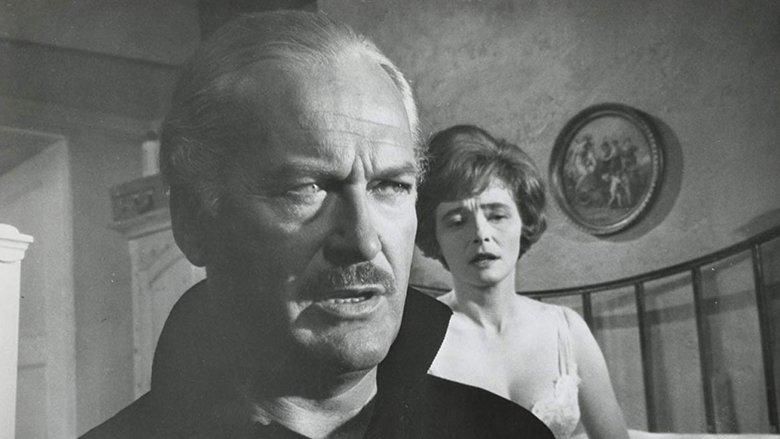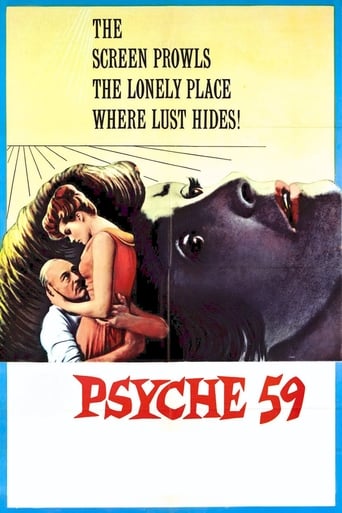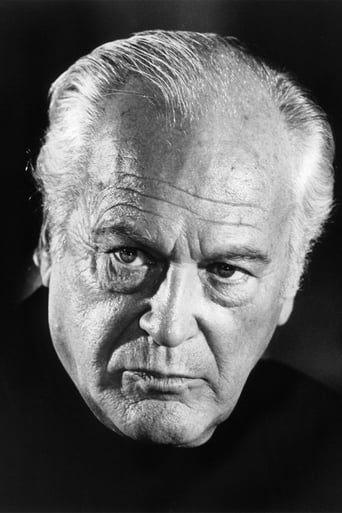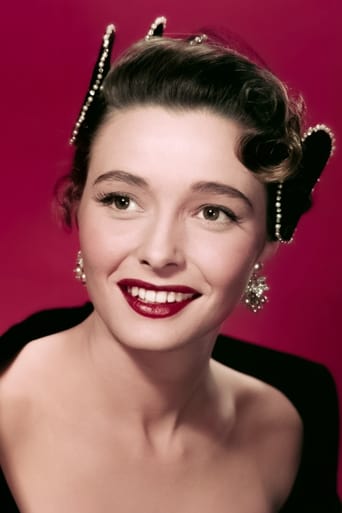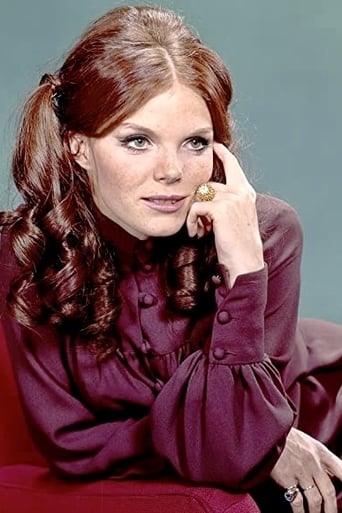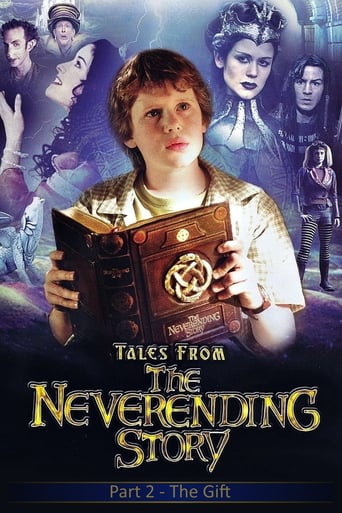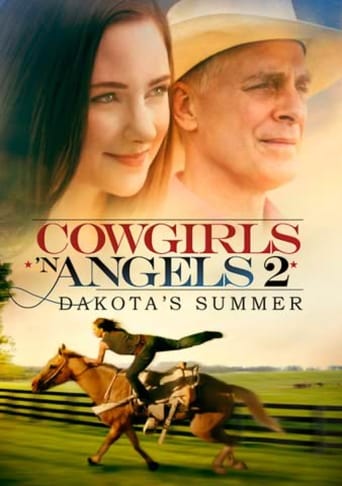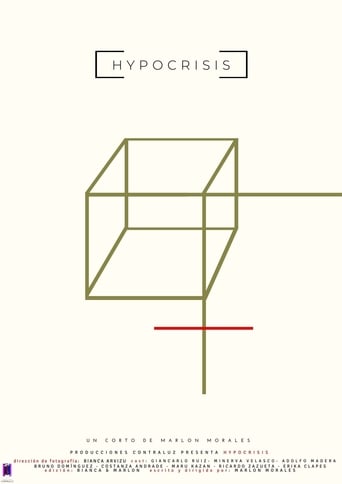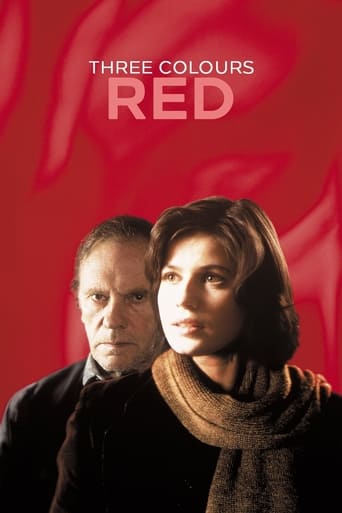Psyche 59 (1964)
An industrialist's wife tries to remember the shocking sight that made her blind.
Watch Trailer
Free Trial Channels
Cast


Similar titles
Reviews
From my favorite movies..
Instead, you get a movie that's enjoyable enough, but leaves you feeling like it could have been much, much more.
It's a good bad... and worth a popcorn matinée. While it's easy to lament what could have been...
Exactly the movie you think it is, but not the movie you want it to be.
PSYCHE 59 is a film I really struggled with. It's posited as a blind-woman-in-peril thriller, and even B-movies in that particular genre are pretty good and enjoyable; it says something that they're still making them even now, long after they first gained popularity in the 1950s. Sadly, this movie goes for the pseudo highbrow, psychological, arty approach and as a result it's a vapid mess. It reminded me of some of those dull and dated Pinter adaptations that critics rave about and viewers snore over. This one's a four-hander in which Patricia Neal goes blind for no real reason while her shady husband Curt Jurgens looks after her. Samantha Eggar gets the most memorable role as a saucepot, regularly stripping to her underwear; her sexuality is the most important thing in the movie and the only memorable thing about it. Ian Bannon feels a bit extraneous although strives hard in his early role. The film is slow, talky, and lacking in any kind of suspense or atmosphere; a dud, in other words.
Made at a time when psychological dramas were enjoying popularity and at a stage when what could be depicted on screen was being tested with each new film, this movie showcases the talents of its star trio fairly well. Neal plays a blind woman, married to Jurgens, who is blind not because of any substantial injury or illness, per se, but because she has suffered some sufficient mental trauma to render her sightless hysterical blindness. Her husband dotes on her while simultaneously seeming to resent her. Things get even stickier when Neal invites her baby sister Eggar back home to live with them. Eggar dates family friend Bannen, who already has a flirtatious rapport with Neal, while Jurgens struggles with an attraction to Eggar. Eggar, an unbelievably brazen and selfish person, leads him on deliberately, sometimes right under the nose of her sight-impaired sister. When Neal and Eggar head out to the country to visit grandmother March, with the gentlemen soon joining them, things take on a more upsetting tone, culminating in yet another traumatic series of events which call Neal's vision into question again. Neal, fresh off an Oscar win for "Hud," is captivating to watch here and retains most of the film's focus. Jurgens, although top-billed, is somewhat less central though he does an excellent job. His steely eyes are well-served by the stark black and white cinematography (which is wonderful throughout.) Eggar is impossibly young and delectable. She shows off an array of 60s fashions and hairstyles, but also gives a strong performance in a role that could have been played very one-dimensionally. Bannen is likable and solid in his less-than-magnetic character. He has the bad luck to be in love with a vixen. March portrays with some degree of restraint the highly atypical grandmother who seems almost devoid of affection and doesn't hand out praise easily. This type of film will not appeal to all viewers as it is at times heavy-handed and strains to be artsy. However, for those willing to take it in, it's a very interesting and engrossing piece. Certainly, the work of the three leads is very strong. In the second half, the focus gets blurry, the pace begins to drag and the motivations of the characters get a bit cloudy, but there are some great moments of tension and anxiety on display. A heavily dramatic score by Kenneth Jones punctuates the opening credits and the emotional scenes. Fans of the leads really can't afford to miss out on it.
This film came on Turner Classic Movies recently, with the host mentioning that it was the film's debut on that channel, and the first film Patricia Neal made after winning the Oscar for Hud.The story concerns a privileged upper-class blind woman named Alison (Neal), her husband Eric (Jurgens) and her younger sister, Robin (Eggar). At first all seems perfectly OK, given the circumstances, but bits of conversation are dropped here and there, darting looks are thrown here and there, and soon we realize that there is something lurking beneath the veneer of a privileged life. Alison, in the final stages of her second pregnancy, suffered a fall in her home that rendered her blind, though as she states early on, it's not that her corneas don't function, it's that her brain won't permit her to see images (paraphrasing here). Apparently this happened in 1959, hence the "'59" in the title: The story then takes place in 1964, five years after this fact, over a time period that seems to be about a month, or maybe two, when Robin re-arrives back into the lives of Eric and Alison after what appears to be a 5-year absence.The black-and-white cinematography adds much to this film, such that I believe if it were in color, it would not be as effective. The language, dialogue and subject matter covered was ahead of its time, at least by U.S. standards, but stylistically, this matches a number of thrillers and socially-conscious dramas that came out of England in the early- to mid-1960s (e.g., Victim, Pumpkin Eater, etc.).The first part of the film, set in London, sets up the story beautifully, and it isn't long before we start to realize that something's "up" - the carefully-worded dialogue, with certain key words and phrases omitted, or the glances of the blind Alison behind her sunglasses, to the beat of her words...you see that all that glitters is not gold, so to speak.The second part of the film takes place at the characters' country house, located near a coastline; It is here that the set-up for what could be a riveting tale, as depicted in the first part of the film, loses steam and slows to a crawl, such that the conclusion is neither climactic nor satisfying; this is a shame, because it could have been done much better. Besides that, I do agree with the comments made by a previous observer, including that the grandmother doesn't seem quite grandmotherly (and actually, I'm sort of confused as to why this character is even in the picture).Nonetheless, the acting is superb by all the leads, and particularly by Neal, who carries the film, in my opinion. Pay attention to every movement she makes, whether it's with her eyes, her head or her hands; listen intently to every syllable she utters, for it is through her character that we understand the real story of what has happened, or is happening, to these three people.The movie is based on a book by the same name by Francoise des Ligneris, which is available online.
I only found two other comments about this movie. How strange for such a gifted actress as Ms. Neal was, even before coming to Hollywood.I enjoyed watching Ms. Neal, but the two comemnts I read pretty-much says it all - lust between "Robin" (Samantha Eggar, the younger sister) and "Alison Crawford's" (Patricia Neal) hubby (Kurt Jurgens, he of the rugged handsomeness in his earlier days). All the stern looks between "Robin" and "Eric" don't fool anyone- "Robin" is spitefully tempting to seduce "Eric", who pretends he hates her.Poor "Alison", blind from a fall down the stairs, knows there is some heat someplace, but can't remember it - nor why she's blind. She's been told by physicians her eyes are perfect, but her brain won't let her "see". Add to this intrigue, handsome "Paul" (Ian Bannen) who is in love with and wants to marry "Robin", who uses him for her sadistic desires, and the playing gets uninterestingly rough. We all know that "Alison" is going to remember the crisis she can't "see" - Granny (somebody !) knows the whole story, and tells "Alison" "you were always greedy and took what you wanted". Guess what is was ? You're right - she "took" "Eric" and eventually "sees" he and "Robin" in a tight, romantic grip. End of story, except "Alison" smiles off into the sunlight, knowing she can finally "see" her children and everything will be o.k. without "Eric".As I write, without Ms. Neal, dud !!! The film is so old, younger people wouldn't even know-of too many of these actors/actresses.More interesting, I viewed this film on TCM, which showed a live interview with Ms. Neal afterward (I adored for her candidness). She had a good acting/film-career, but much tragedy in her private life - two debilitating strokes and an impossible romance with Gary Cooper, deaths and divorces, etc. Hardly able to conduct a normal life after her strokes, she made a courageous recovery and went-on in her career.The problem for release-dates of films is, you never know just when they were shot.......we now know that films can be shot much earlier than they were released, sitting "in the can" for years before some producer gets the balls to back them. Therefore, just enjoy Ms. Neal's acting and get over the truly "B" rating for this film. Director Alexander Singer didn't really direct: just gave-out the script and let the actors/actresses go-at-it. Julian (Halevy) Zimet wrote the script. Good for them - I recommend "Psyche 59" for a quiet evening, if you don't want to sleep on explosions and blood.........

